Are you risking your long-term health because you’re too embarrassed to do a few stretches in front of your golfing friends?
I’m playing golf on September 29 with my business networking group in Petersfield, BGN. It’s going to be a fun event and the talent will range from absolute beginner to regular enthusiasts with low-handicaps.
But one thing I bet they all do is get out of their cars, grab their clubs and start a day of sporting activity without the least warm-up.
At the other extreme, the Ryder Cup starts the following day at the Hazeltine National Golf club in Chaska, Minnesota. But I’ll guarantee those players will make sure they’re thoroughly warmed up and stretched off before they go near their first tee.
I play regularly so I see it and, as a physio, I treat the consequences all the time; players thinking they can perform a complex, whole-body movement consistently, all day, in all weathers and regardless of their age or fitness level.
No-one expects a footballer or a runner to go out and perform without preparing in the gym or warming up first, and as we get older it becomes even more important to reduce the chances of pulling a muscle or damaging a joint. Younger people should also get into the habit, to avoid long- term damage down the line.
Titleist Performance Institute
I’m one of a small group of physiotherapists in London and the South East with the specialist expertise to treat golfers. I’ve studied to become a member of the Titleist Performance Institute (TPI), the world’s leading education and research facility dedicated to the golf swing, so I know how stiffness or weakness in a player’s body can affect their golf swing and potentially lead to some common golfing injuries.
Common Golfing Injuries and How to Avoid Them
- Lower Back Pain. The most common injury due to the bent forward position of the spine and repetitive twisting during the golf swing. Make sure your posture at address and your golf swing is correct. Ask your golfing pro or TPI-certified physio to check your posture and swing if you experience back pain when practicing your swing. Core stability exercises and mobility exercises strengthen your stomach and back muscles to support and protect your back. A strong core will help you hit the ball further and straighter too!
- Golfers (and tennis) elbow. An inflammation of the forearm tendons where they attach to the bone on either side of the elbow. Make sure you aren’t gripping the club too tightly; this stretches the tendons and muscles over the elbow and wrist. You can also wear an elbow compression strap to reduce strain on elbow tendons.
- Shoulder Pain. Usually occurs when the rotator cuff muscles around the shoulder joint become worn and strained during the repeated stresses of the golf swing, particularly if your swing is faulty or your posture is poor. Again, get your swing checked and practise mobilising exercises for your upper back to improve flexibility and reduce shoulder stress.
- Knee Pain. Often caused by rotational forces on a bent knee during the golf swing, made worse by walking the course on uneven ground. Exercises to strengthen your quads and hamstrings (thigh) muscles will help to support and protect your knee joints. Gel insoles in your golf shoes add shock absorption and reduce stress on your knee joints, as does a knee support, particularly in cold weather.
- Plantar Fasciitis. A painful condition of the foot and heel caused by inflammation of the tendons on the sole of the foot where they attach into the heel bone. It’s common in golfers with badly-fitting golf shoes. Make sure your golf shoes have good arch support, stretch and massage the sole of your foot to prevent the soft tissues from shortening and pulling on the bone.
Top Tips for Avoiding Injuries Playing Golf
- Spend five minutes warming up at the start of the day. If you’re shy, do it before you leave home. Most golf enthusiasts will have seen Miguel Angel Jimenez’s very unique warm up routine always performed with a cigar in his mouth! You may laugh but all the exercises he includes are directly related to the game of golf. Plus he has incredible flexibility for a 50+ year old and still hits a great golf ball!
- Don’t neglect the gym. Focus on core strength and mobilising exercise with someone who knows what they’re doing.
- Seek advice from a specialist physio if you suffer any niggles or aches. Don’t soldier on and make an injury worse.
Amateur golfers are some of the most dedicated and regular sportspeople I know but I think some of them have fallen into the trap of thinking it’s just a relaxing hobby for retirement. Golf is a sport and golfers should treat their bodies like the well-tuned sporting machines they are.

Recent Comments